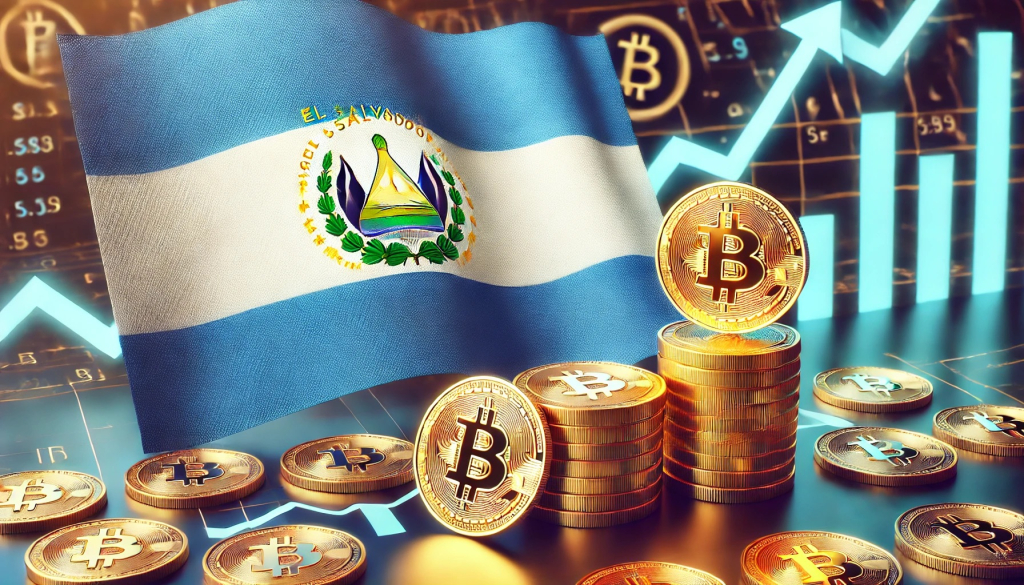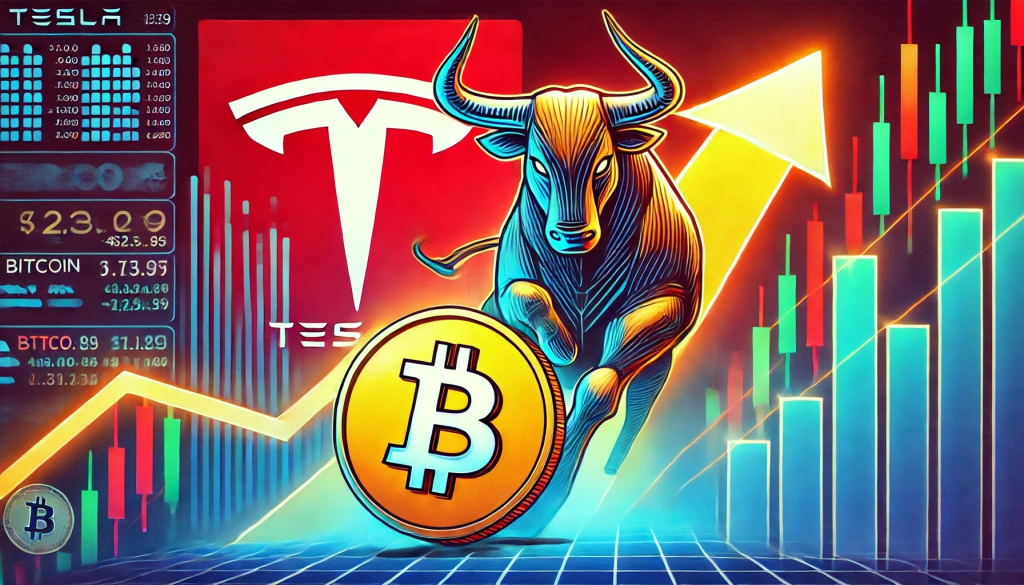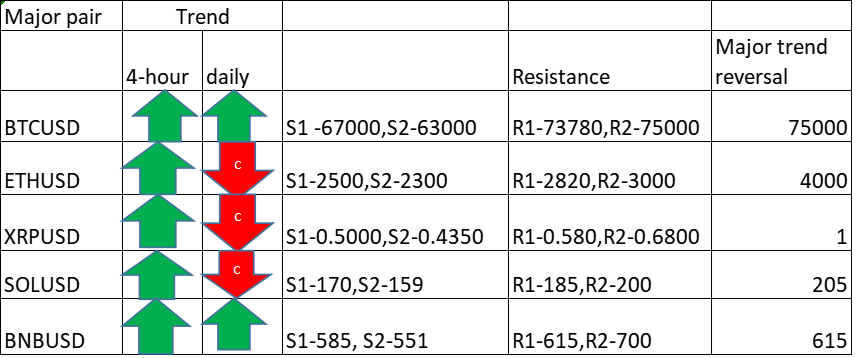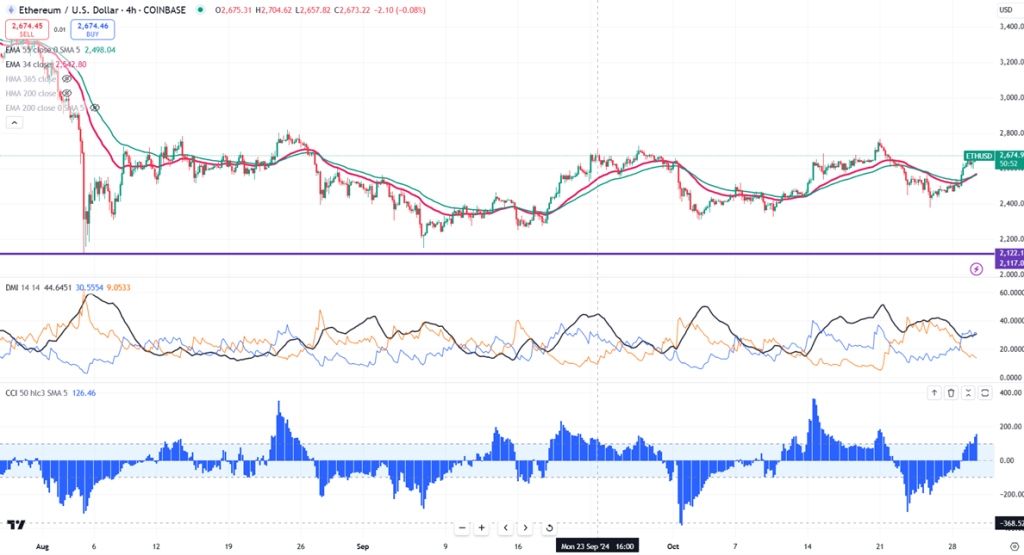The crypto market has witnessed a recent escalation as Polygon and Cardano, two major players, push back against regulatory allegations. The United States Securities and Exchange Commission (SEC) designated these prominent cryptocurrencies as securities, igniting a fierce debate and drawing criticism.
The SEC's accusations came as part of a broader legal action targeting crypto exchanges Binance and Coinbase. The regulatory body highlighted Polygon, Cardano, and Solana as examples of securities transacting on these platforms, alleging non-compliance. These three cryptocurrencies hold significant rankings among the top 20 tokens by market capitalization, with a combined value exceeding $21 billion, approximately one-tenth of Ethereum's total value. Despite experiencing a roughly 30% value drop in the past week, all three tokens showed a slight recovery by Sunday.
Input Output Global (IOG), the founding entity of Cardano, was the first to refute the SEC's claims. The blockchain engineering company asserted that Cardano (ADA) does not meet the criteria to be classified as a security under U.S. law. Emphasizing their commitment to innovation and consumer protection, IOG stated that the SEC's lawsuits would have no impact on their operations.
Similarly, the Switzerland-based Cardano and the Solana Foundation, which supports the Solana ecosystem, expressed their disagreement with the SEC's classification. While not outright denying Solana (SOL) as a security, the Foundation is determined to collaborate with regulators to achieve "regulatory clarity" in the digital asset landscape.
In response to potential repercussions from FTX's bankruptcy and the potential influx of tokens into the open market, community members are contemplating the creation of a new network through a "forking" process. The SEC lawsuits have also led to the trading app Robinhood halting support for Polygon and Cardano. The ongoing legal proceedings have created an atmosphere of uncertainty surrounding these cryptocurrencies.
























Comment 0